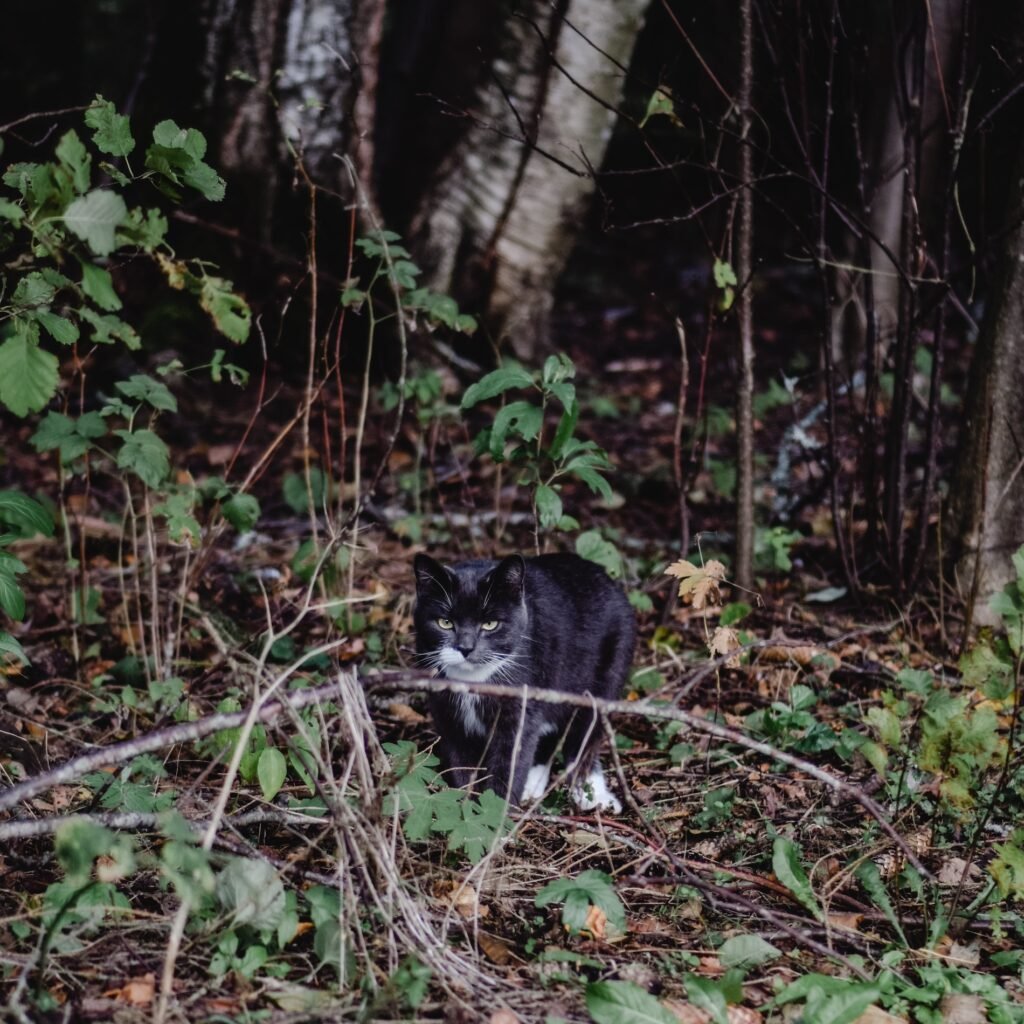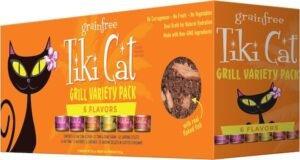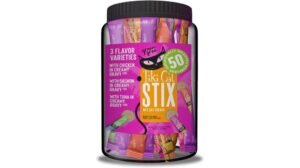What is a Cat Species-Specific Diet
A species-specific diet for cats is one that closely mimics the nutritional composition of the diet that cats would consume in their natural environment. Cats are obligate carnivores, which means that they have evolved to primarily eat meat. In the wild, their diet would consist of prey animals, and they obtain essential nutrients from animal tissues.

Key Components of a Species-Specific Diet for Cats
High-Quality Animal Proteins
The foundation of a cat’s diet should be high-quality animal proteins. These proteins contain essential amino acids that are crucial for a cat’s overall health, including muscle maintenance and immune function.Taurine
Taurine is an amino acid that is essential for cats and is found in high concentrations in animal tissues. A species-specific diet must provide sufficient taurine to prevent deficiencies that can lead to serious health issues.Animal Fats
Cats require a higher amount of dietary fat for energy, as well as for the absorption of fat-soluble vitamins. Animal fats, such as those found in meat, are important for meeting these nutritional needs.Minimizing Carbohydrates
While cats can derive some energy from carbohydrates, their diet should not be heavily reliant on plant-based sources. Cats lack certain digestive enzymes necessary for breaking down plant materials efficiently, and excessive carbohydrates can lead to health issues, including obesity.Moisture Content
Cats have a low thirst drive, and their natural prey would provide a significant portion of their water intake. A species-specific diet may include wet cat food or a diet that helps maintain proper hydration levels.Vitamins and Minerals from Animal Sources
Cats need specific vitamins and minerals, and these are best obtained from animal sources. This includes vitamin A, arachidonic acid, and certain B vitamins.Avoidance of Harmful Additives
A species-specific diet should avoid harmful additives, preservatives, and artificial colors. It should focus on providing a natural and nutritionally complete profile.
Is a Raw Diet the Answer
While some cat owners choose to feed their cats a raw diet that closely resembles the prey animals in the wild, it’s essential to consult with a veterinarian before making such dietary changes. Commercial cat foods formulated by reputable brands can also provide a balanced and nutritionally complete diet that meets the specific needs of cats. Veterinarians can offer guidance on selecting the right type of cat food and adjusting portions based on individual health considerations.


